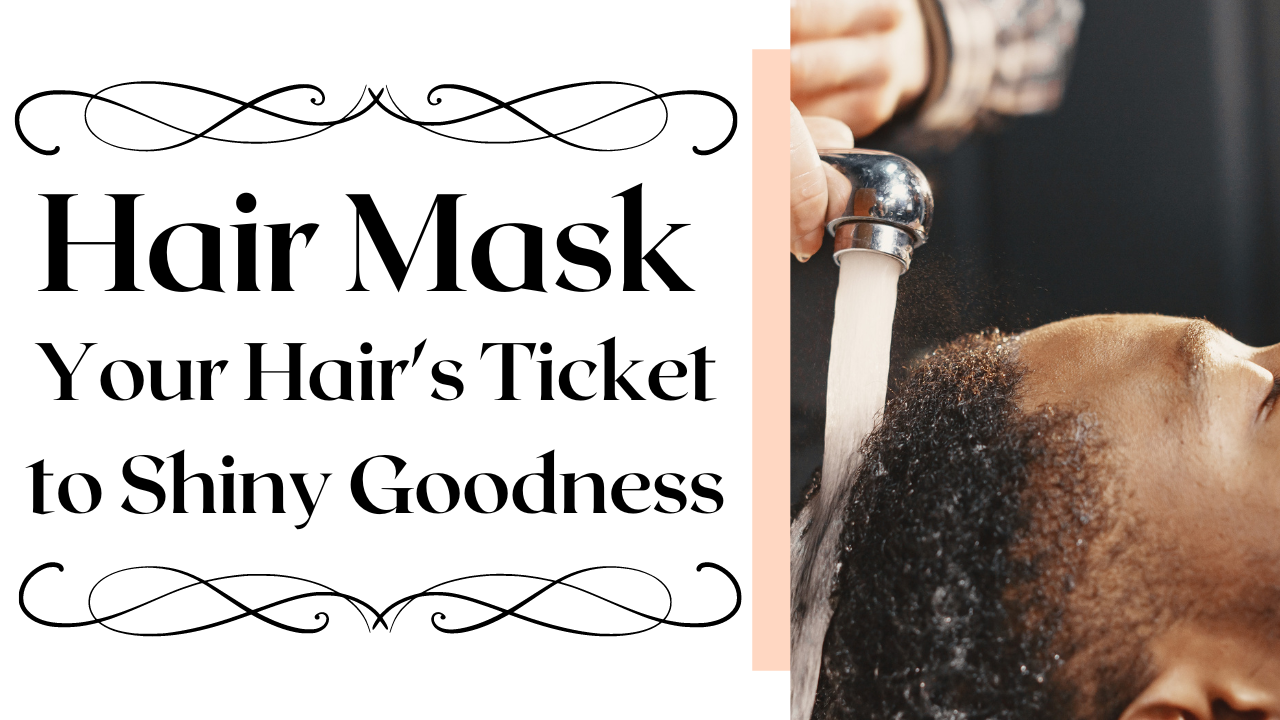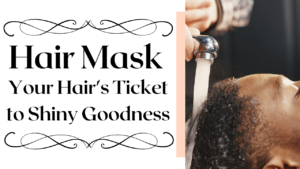Hair Mask
Hair Mask: Your Hair’s Ticket to Shiny Goodness
Hair Mask: We all know the importance of a good shampoo and conditioner routine. But for truly luxurious, healthy hair, incorporating a hair mask is a game-changer. Hair masks are intensive conditioning treatments that penetrate deep into the hair roots, delivering a powerful dose of nutrients and hydration.
Benefits of Mask
Masks offer a number of benefits depending on the specific ingredients and your hair’s needs. Following are some of the main benefits:
- Deep hydration: Dry, brittle hair can be transformed with a mask. Enriched with moisture-rich ingredients like hyaluronic acid and natural oils, hair masks replenish lost hydration, leaving your hair soft, supple and manageable.
- Damage repair: From heat styling to coloring, our hair goes through a lot. Hair masks containing proteins like keratin and amino acids can help repair damaged cuticles, heal split ends, and restore strength and flexibility.
- Frizz Control: Frizzy, unruly hair can be controlled with masks containing ingredients like argan oil and shea butter. These ingredients soften hair cuticles, reduce frizz and give a sleek, shiny look.
- Vibrancy of color: Colored hair requires special care. Hair masks made with antioxidants and UV protectants can help preserve hair color, keep it vibrant, and prevent hair loss.
- Scalp Comfort: Dry, itchy scalp? Masks with calming ingredients like aloe vera and oatmeal can soothe irritation and promote a healthy scalp environment.
Finding the Right Mask for You
With so many hair masks on the market, choosing the right mask depends on your specific hair type and concerns. Here’s a quick guide:
- Dry hair: Look for mask’s rich in hydrating ingredients like coconut oil, avocado and shea butter.
- Damaged hair: Choose masks with proteins like keratin and amino acids to repair and strengthen hair.
- Curly Hair: Deeply moisturizing masks with natural oils like argan oil and jojoba oil are ideal for curly hair, helping to define frizz and combat frizz.
- Color-treated hair: Choose masks specifically formulated for color-treated hair, which often include ingredients like pomegranate seed oil and green tea extract to protect the vibrancy of color.
DIY vs. Store-Bought Masks
Masks come in both store-bought and DIY varieties. Store-bought masks feature pre-measured ingredients and targeted formulations. DIY masks, on the other hand, allow complete customization using natural ingredients from your kitchen. Popular DIY mask ingredients include avocado, honey, yogurt, and olive oil.
Here is some Hair mask linked below:
- Mielle Organics Mielle Rosemary Mint Strengthening Hair Masque
- Fino Shiseido Premium Touch Hair Mask
- Karseell Hair Repair Mask – Deep Conditioning MACA Collagen for Dry Damaged Hair
- Johnson’s Baby Cologne
How to use mask
To get the most out of hair masks, do the following:
- Cleanse: Wash your hair with a clarifying shampoo to remove dirt and product buildup, allowing the mask to penetrate deeper.
- Apply: Apply the mask generously to damp, towel-dried hair, concentrating on the mid-lengths and ends.
- Treatment time: Follow the recommended treatment time of the mask, which is usually 15-30 minutes. You can extend the treatment by wrapping your hair in a hot towel to further encourage absorption of the ingredients.
- Rinse: Use lukewarm water to rinse off the mask completely.
- Condition: Use a mild conditioner to ensure the benefits of the mask.
Frequency
The frequency of using hair masks depends on your hair type and needs. Starting once a week is usually a good place to start. For very dry or damaged hair, you may benefit from using a mask twice a week. In contrast, people with oily hair may only need a mask every other week.
conclusion
Masks are a great way to improve your hair care routine. By incorporating a mask that addresses your specific hair concerns, you can achieve healthy, hydrated, and manageable hair that looks and feels its best. So, pamper your hair and enjoy the transformative power of masks!



2 thoughts on “Hair Mask”